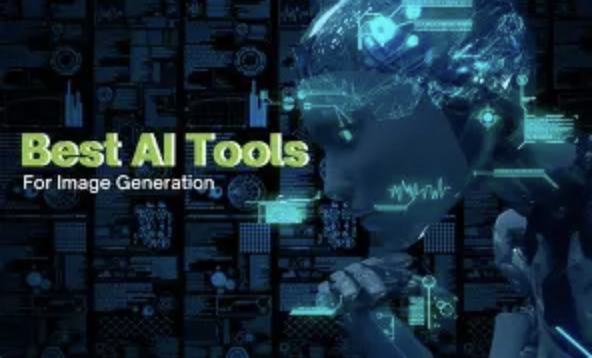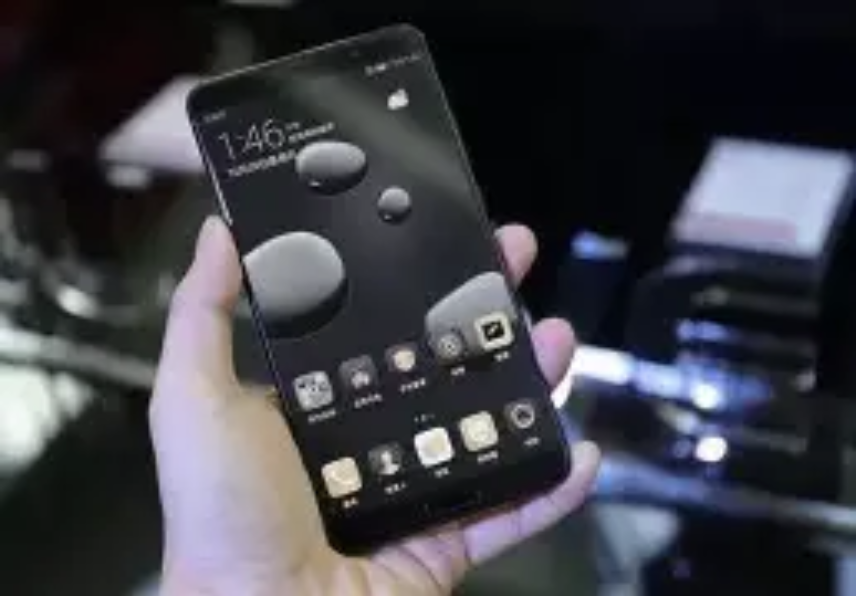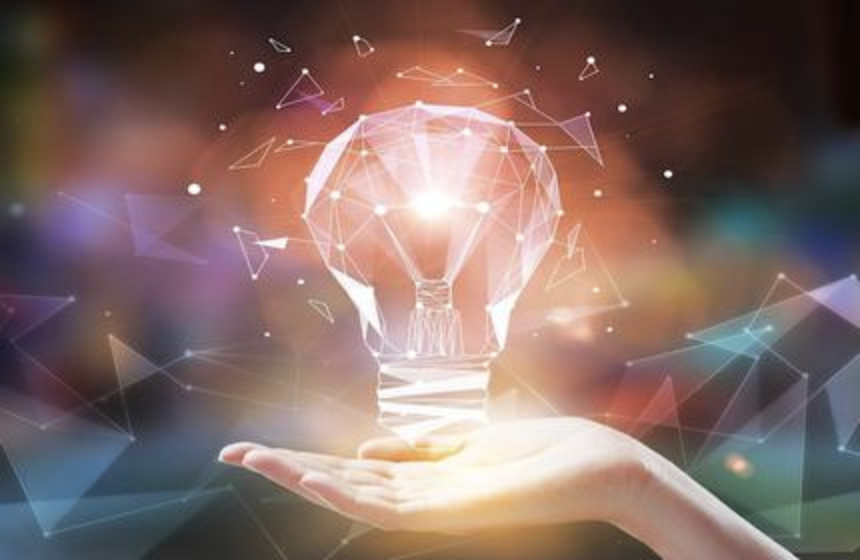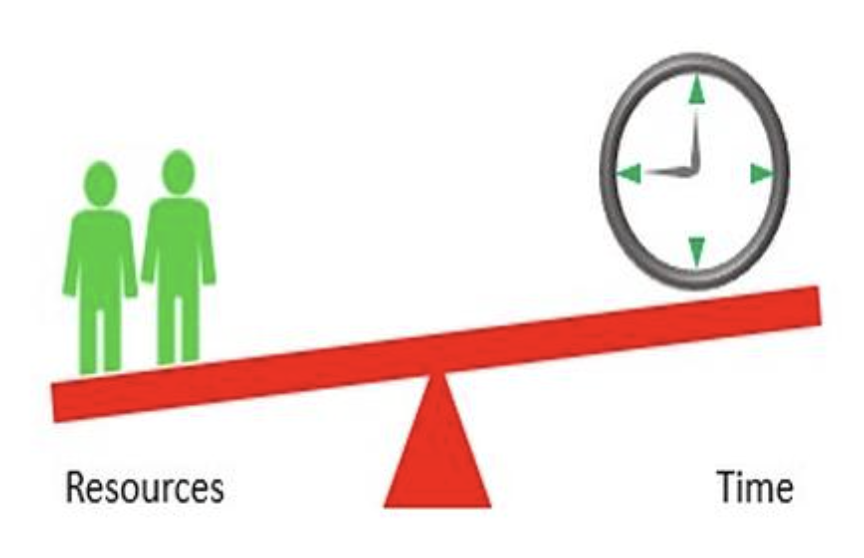When the algorithm started to track our digital smells
Hey, friends, have you ever felt this way? Brushing my mobile phone, I was chatting with my friends one minute and said I wanted to go camping. The next second, advertisements for all kinds of camping equipment came to my face. This feeling, a bit like the plot in a science fiction movie, and a bit like-forget it, it is reality. We have all become "ghosts" in the digital world, leaving behind invisible "smells" all the way, and it is those algorithms that we can't see or touch that sniff them.
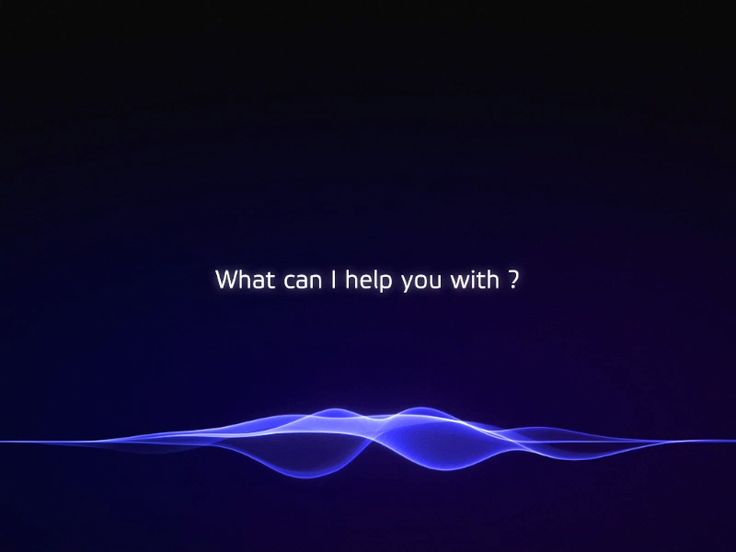
We usually blame this on the "eavesdropping" of mobile phones, but this is actually an illusion. The real "ghost" hides deeper. They are not listening to your voice, but tracking your digital smell. Every time you type in a search engine, every time you stop at a certain product, and even the scrolling speed when you browse a certain webpage, you release unique pheromones invisibly. These pheromones are accurately captured by algorithmic behemoths and gathered into a digital portrait of your interests, habits and preferences.
For example. You may not often post about art on social media, but you often stay on an art blog and habitually zoom in on the details of paintings. The algorithm will capture your subtle movements and quietly label you as a "potential art lover". Next, the advertisements you see are no longer the same, but full of information about art exhibitions, painting tools promotion and even art investment. The stronger the smell of your numbers, the more accurate the portrait of the algorithm will be.
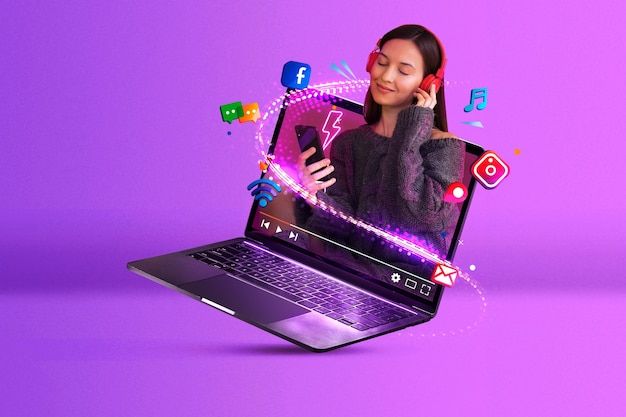
That sounds cool, right? It makes our digital life more "understand" us. But don't be so happy, there is a deeper crisis behind it. When the algorithm knows more about us than ourselves, our choice is being quietly deprived. Algorithms tend to recommend what we might like, rather than what can broaden our horizons and challenge our inherent concepts. We are trapped in a information cocoon carefully built by the algorithm, and only see the world we want to see, or rather, what the algorithm wants us to see.
What is even more frightening is that this kind of tracing and portrait does not stop there. Your digital smell may not only be used in commercial advertisements. Imagine that when your health data (such as your steps in the health application and your heart rate) are analyzed by the algorithm, your insurance company may adjust your premium accordingly. When your job hunting habits are tracked, your job advertisements may be treated differently. Our digital smell is becoming a new digital asset, but its ownership is not in our own hands.
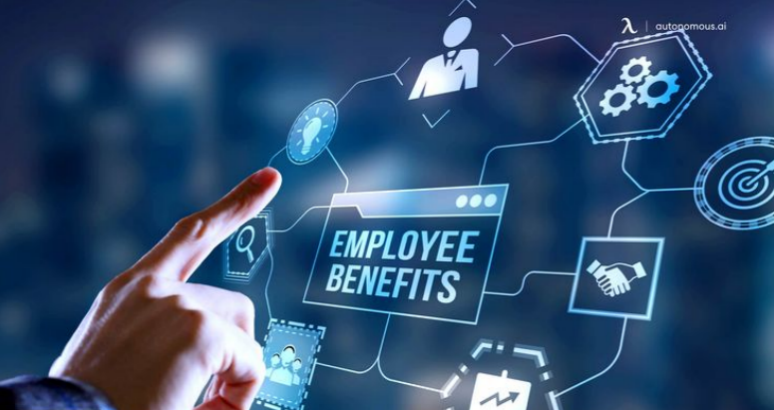
So, the next time you feel that your mobile phone is eavesdropping on you, you might as well think from another angle: it's not that your mobile phone is listening, but that your digital smell is too strong. We can't completely get rid of the tracking of algorithms, but we can become more conscious. We can try to take the initiative to explore the content that is not recommended by the algorithm and break the barriers of the information cocoon. After all, in the maze of the digital age, staying awake and curious is our only weapon to resist becoming a "digital ghost".
(Writer:Galli)
